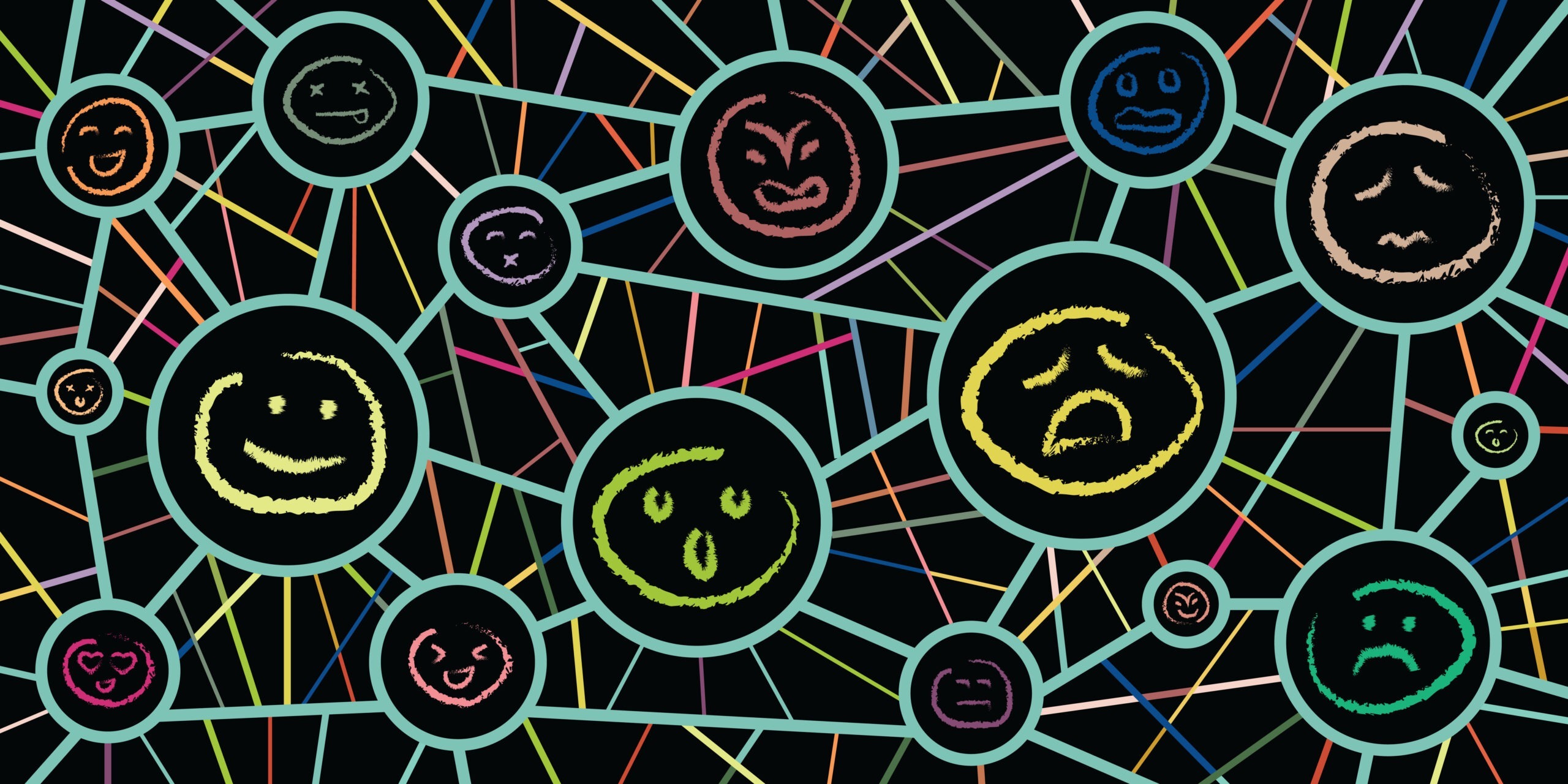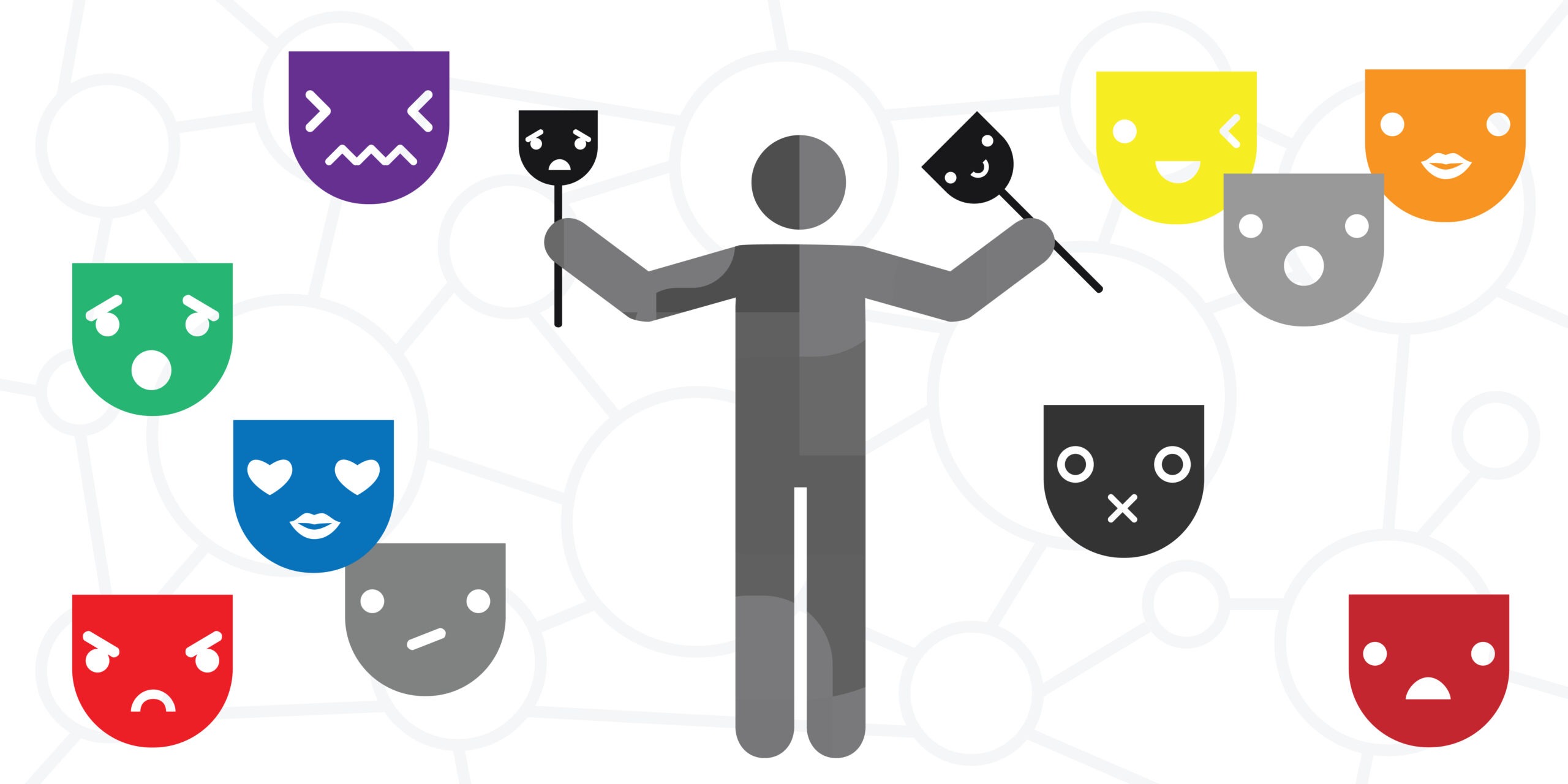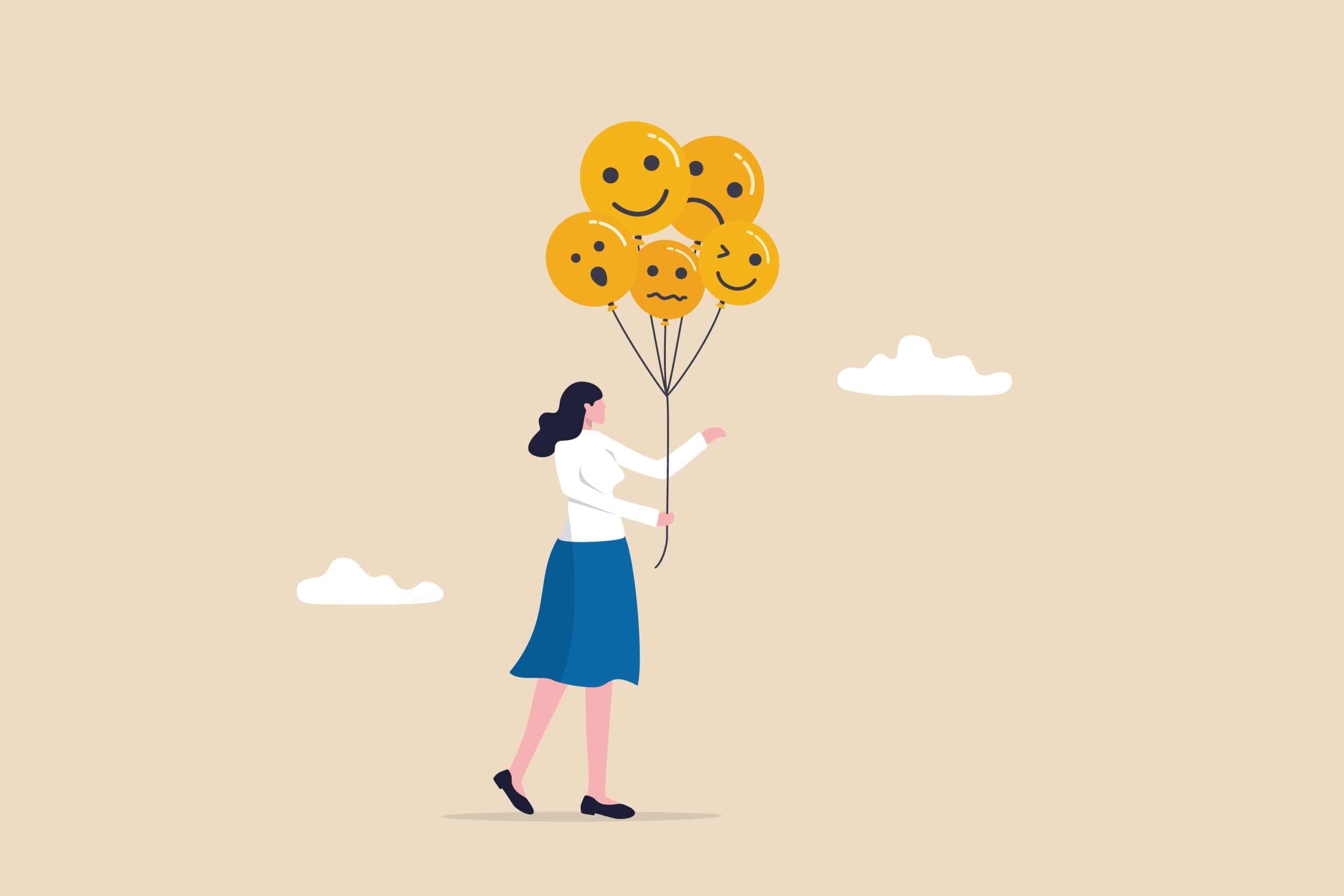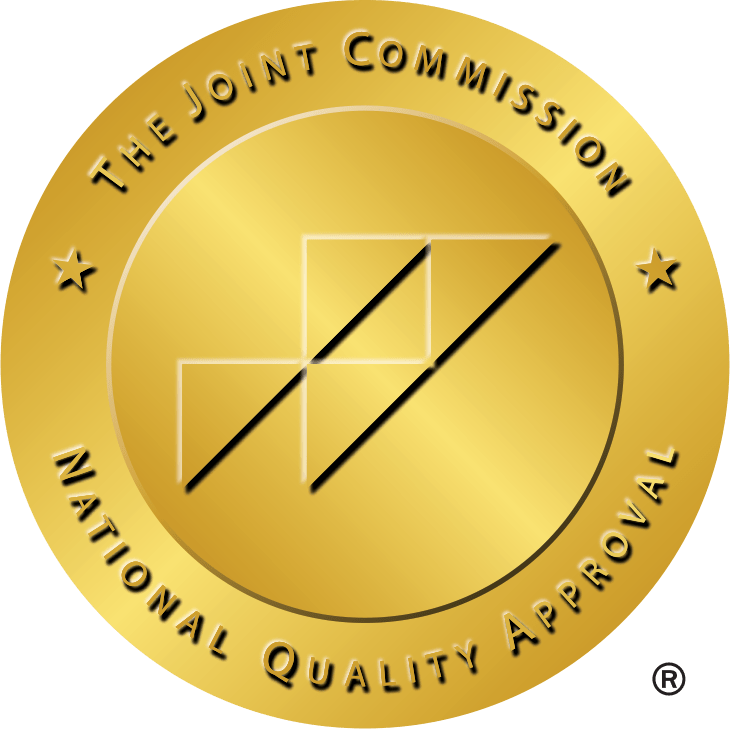Think about the times when you’ve been emotional. How did you react? Did you go on a walk around the block or a bike ride through town? Or did you yell and slam doors when you went to your room?
Walking away and finishing an intense conversation when you have clearer thoughts and a calmer demeanor is a form of self-regulation. This practice looks at how you manage your own emotional responses to intense things in real-time. When you were a kid, maybe this was whispering in a quiet place. In your teenage years, maybe you apologized without being told to. As an adult, perhaps you know how much work will burn you out and you take time to practice self-care.
No matter how you self-regulate, it’s an incredibly important skill to develop in order for you to have healthy relationships in the future.
Read on to learn more!
When You Should Practice Emotional Self-Regulation
So, when should you practice emotional self-regulation? The answer is every day!
We experience daily emotional triggers like fights, sad videos, and bad news. Regardless of what the trigger is, it is always important to control your impulses.
Self-regulation means you are being mindful during social situations, like being able to read other people’s emotions and making sure that your behavior is appropriate for the environment.
When you experience an emotional trigger, it creates a physical and mental change. Perhaps a trigger causes anxiety. The negative feelings this brings around can make you uncomfortable and release stress hormones resulting in other things like a stomach ache or a low mood.
When these discomforts occur, you may feel like you’re no longer in control of your actions and your body. You might start overthinking about future situations that seem like they have no solutions. You may even hurt yourself with self-depreciation because you’re afraid to let your issues affect the people around you. Whatever your case may be, its the strong emotions inside of you that cause you to self-regulate.
Strong emotions can affect us at work, on the drive home, at the store, or while scrolling through social media. Because of these things, it’s important to recognize how increased emotional responses need to be monitored. When you start to feel like your emotions are overwhelming you, it’s probably time for you to check in with yourself.

What Does Emotional Self-Regulation Look Like?
When you notice that you’re experiencing lots of strong emotions, think about which one you’re feeling the most. Is it fear? Anger? Grief? Whatever it may be, recognizing it will help you accept it.
This is called self-observation. Self-observation is when you take note of the patterns and frequency of the emotions you’re feeling and the triggers that cause them. Try analyzing yourself in a non-judgmental way. Feeling intense emotions isn’t wrong, and there is certainly nothing wrong with acknowledging them.
Maybe you notice you yell when you’re angry or you nearly throw up from anxiety when you’re late to an event. All of these things and more are important to acknowledge.
Anxious thoughts are part of the negative beliefs you have. They make you think you’ll get in trouble over a simple mistake or that someone will be angry with you. By recognizing these negative thought patterns, you’ll be able to reshape your negative beliefs into positive beliefs.
Perhaps you’re running late to work. Instead of getting anxious, you can remind yourself that you can explain yourself to your boss. You can also remind yourself that you can’t change the time of day or the amount of traffic on the road. When things are out of your control, there’s no need to stress about them.
It is far easier to change thoughts than it is to change emotions. Although we can’t hit a button to turn off our bad emotions, we can still reassure ourselves that we know how to get through challenging circumstances.
Skills for Self-Regulation
All of us can develop thought patterns that negatively our emotional and behavioral status. Here are a few ways that you can turn your negative thought patterns into something that will give you a wider range of emotional tolerance.
Rumination vs. Reflection: Ruminating about the past can drive you into a hole because you’ll be too focused on what you could have done back then instead of finding solutions for the future. Try reflecting on the past instead. You’ll be able to give yourself room to find fault in your old behaviors while also having room for finding inner strength, passions, and other goals for life. Reflecting instead of ruminating will help you realize more positive things about yourself in the long run.
Catastrophizing vs. Cognitive Reappraisal: Catastrophizing is when someone assumes the worst will happen. Cognitive reappraisal is when someone changes their negative thoughts into positive ones. If you notice that you’re always thinking in extremes, ask yourself if your reaction is worth the size of the issue. There’s usually a high chance that you’re spending more time thinking about problems instead of solutions. When you start assuming or worrying about something, look at the whole situation and switch your mindset. You can try dialectical behavioral therapy (DBT) skills, or you can get cognitive behavioral therapy (CBT) to help with your negative thought patterns.
Avoidance vs. Acceptance: People avoid negative thoughts and emotions in a bunch of different ways. Some people may use unhealthy coping mechanisms like drugs and alcohol to forget about their issues. Some may stop a conversation instead of resolving conflict. No matter what the method is, it’s important to know that acceptance is positive for you and the situation you’re in. You must acknowledge any of your internal and external triggers.

Skills for Behavioral Self-Regulation
Once you’re able to regulate how you feel, you have to start thinking about your actions. The strength of your emotions, your capabilities, and your environment can all affect each person differently and cause different ways of how to self-regulate.
To make sure you aren’t hurting yourself or others, try replacing old coping mechanisms with newer, healthier ones.
Setting Rules vs. Setting Boundaries: It’s important that you communicate your expectations for yourself and others. Setting boundaries does not mean being in control, but it does mean that you have to be honest and clear. Boundaries are not demands or threats. They are a template for how you want to be respected. A rule would be something like you don’t want friends over if they don’t clean up after themselves.
Silent Treatment vs. Taking a Break: Giving someone the silent treatment and not giving any effort to fix things can bring a large amount of damage to a relationship. The silent treatment is just another type of avoidance because you are ignoring an issue instead of looking for a solution. However, if you have the chance to take some time to calm down, then you’re reinforcing yourself and lowering the chance of your emotions getting the best of you. Remember, just because someone wants a break doesn’t mean they aren’t trying to resolve conflict. When you notice your emotions are getting stronger, try excusing yourself. Let the other person know you’re not walking out on them and just looking for some time to cool off, then come back with a clearer head.
Impulsivity vs. Opposite Action: Impulsivity and panic can lead to negative consequences of your actions. If you aren’t self-regulating, then things like negative thoughts, intrusive thoughts, jumping to conclusions, and assumptions will start becoming more of a common occurrence. However, if you’re patient, then you’ll be able to achieve the opposite action. This is when you act on your thoughts rather than your impulses. Think about a situation where a conversation could become tense. If you identify your emotions before your impulses, you’ll be able to formulate an opposite action that won’t heighten the situation to an even more intense level.
Benefits of Emotional Self-Regulation
Self-regulation is important for everyone as it’s a part of emotional intelligence. When you manage your emotions, you’ll be able to display the appropriate emotions during social situations and communicate them with others.
If you don’t regulate your emotions, it can cause strain in your relationships, and relationships are one of the most important things in our lives. A lack of communication about negative emotions can also be the reason why people lose jobs, friendships, and marriages. Managing your emotions in an effective way won’t just help you, but it will set a good example to the people around you on appropriate ways to deal with strong emotions.
Emotional self-regulation is a practice that helps you take care of yourself, the people you love, and your environment. It allows you to find a deeper meaning inside yourself and gives you time to reflect on how you can do better for yourself and others. It takes time and effort to develop this skill, but once you master it you will be able to live a long, healthy, peaceful life.





